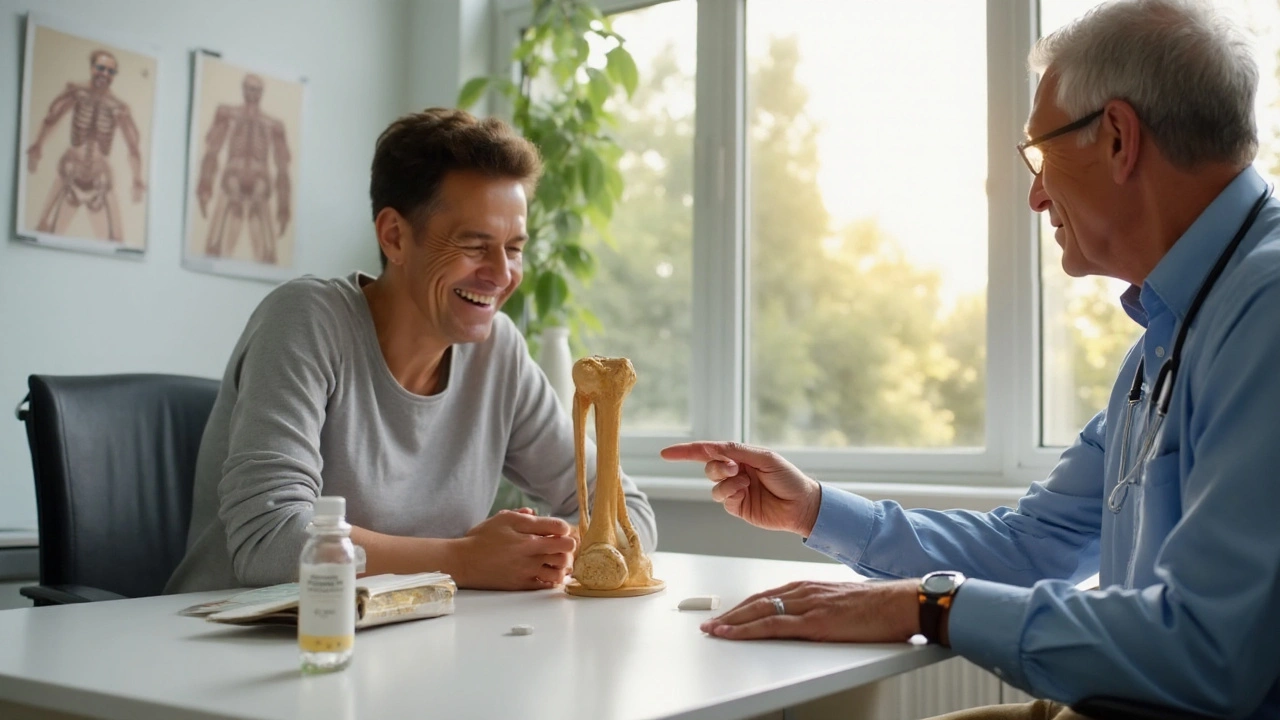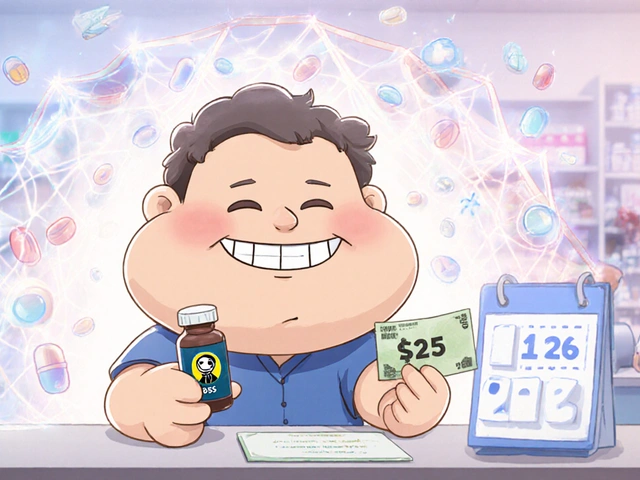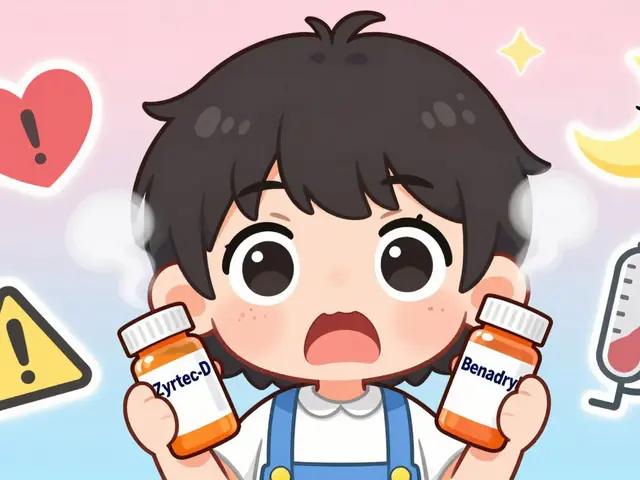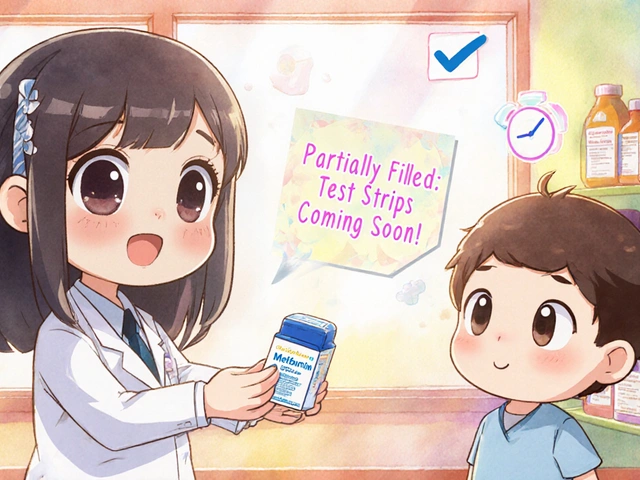Seizure Medication & Bone Loss – Quick Facts and Tips
If you take a drug for seizures, you might have heard it can affect your bones. That’s not a myth – several antiepileptic medicines can lower bone density over time. The good news is you don’t have to sit back and accept weaker bones. A few easy changes and regular check‑ups can keep you strong while you control seizures.
Why Some Seizure Drugs Hit Your Bones
Many seizure medicines, especially older ones like phenytoin, carbamazepine, and phenobarbital, speed up the breakdown of vitamin D. Less vitamin D means less calcium gets into your bones, and the bone‑remodeling process leans toward loss instead of gain. Newer drugs such as levetiracetam or lamotrigine have a lower impact, but they’re not risk‑free for everyone.
Another factor is that seizures themselves can limit activity. If you’re less active because of seizures, you miss out on the weight‑bearing exercise that naturally strengthens bone. Combine that with a drug that lowers calcium absorption, and the risk of osteoporosis climbs.
Age matters too. Teens and young adults building peak bone mass are especially vulnerable. Older adults already face natural bone loss, so an added medication effect can accelerate the process.
Practical Ways to Keep Bones Strong
First, ask your doctor about a bone‑density test (DEXA scan). Knowing where you stand helps you and your doctor decide if you need a supplement or a medication adjustment.
If you’re on a high‑risk drug, ask whether a switch to a newer antiepileptic is possible. Even a slight change can reduce bone impact without hurting seizure control.
Vitamin D and calcium are the basics. A daily 800–1,000 IU of vitamin D and 1,000–1,200 mg of calcium are common recommendations. Your doctor may prescribe a higher dose if levels are low.
Weight‑bearing exercise is a powerhouse. Simple activities like brisk walking, jogging, or resistance training for 30 minutes most days can stimulate bone growth. Even short, daily stair climbs count.
Avoid smoking and limit alcohol. Both habits speed up bone loss and can interfere with seizure medication effectiveness.
Stay hydrated and keep a balanced diet rich in fruits, veggies, and protein. Magnesium and vitamin K2 also support bone health, so consider foods like nuts, leafy greens, and dairy.
Finally, keep a medication diary. Note any new aches, fractures, or changes in mobility and share them with your healthcare team right away. Early action makes a big difference.
Seizure meds are essential, but they don’t have to ruin your bone health. With a few smart steps—checking bone density, adjusting meds when possible, supplementing wisely, staying active, and keeping lifestyle habits healthy—you can protect your skeleton while staying seizure‑free.
Oxcarbazepine and Bone Health: What the Evidence Shows

Explore whether oxcarbazepine impacts bone health, the science behind it, risk factors, and practical steps to protect your skeleton while on the drug.
read more



